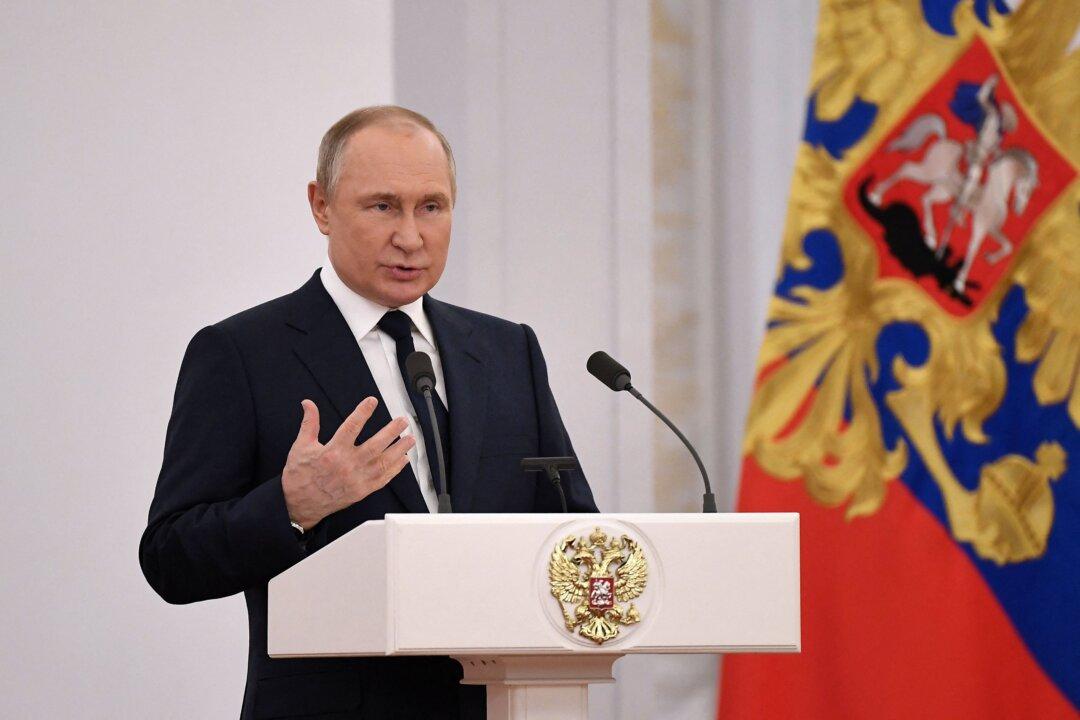A top aide to Russian President Vladimir Putin warned that a “global famine” may start by the end of 2022 because of grain shortages caused by the conflict in Ukraine.
“It is important that in the conditions, for example, of a global famine that will occur closer to autumn, by the end of this year all over the world, Russia should not suffer, but be fully provided with food,” Maxim Oreshkin, Putin’s adviser, told a forum in Moscow late last week, according to state-run media RT.





